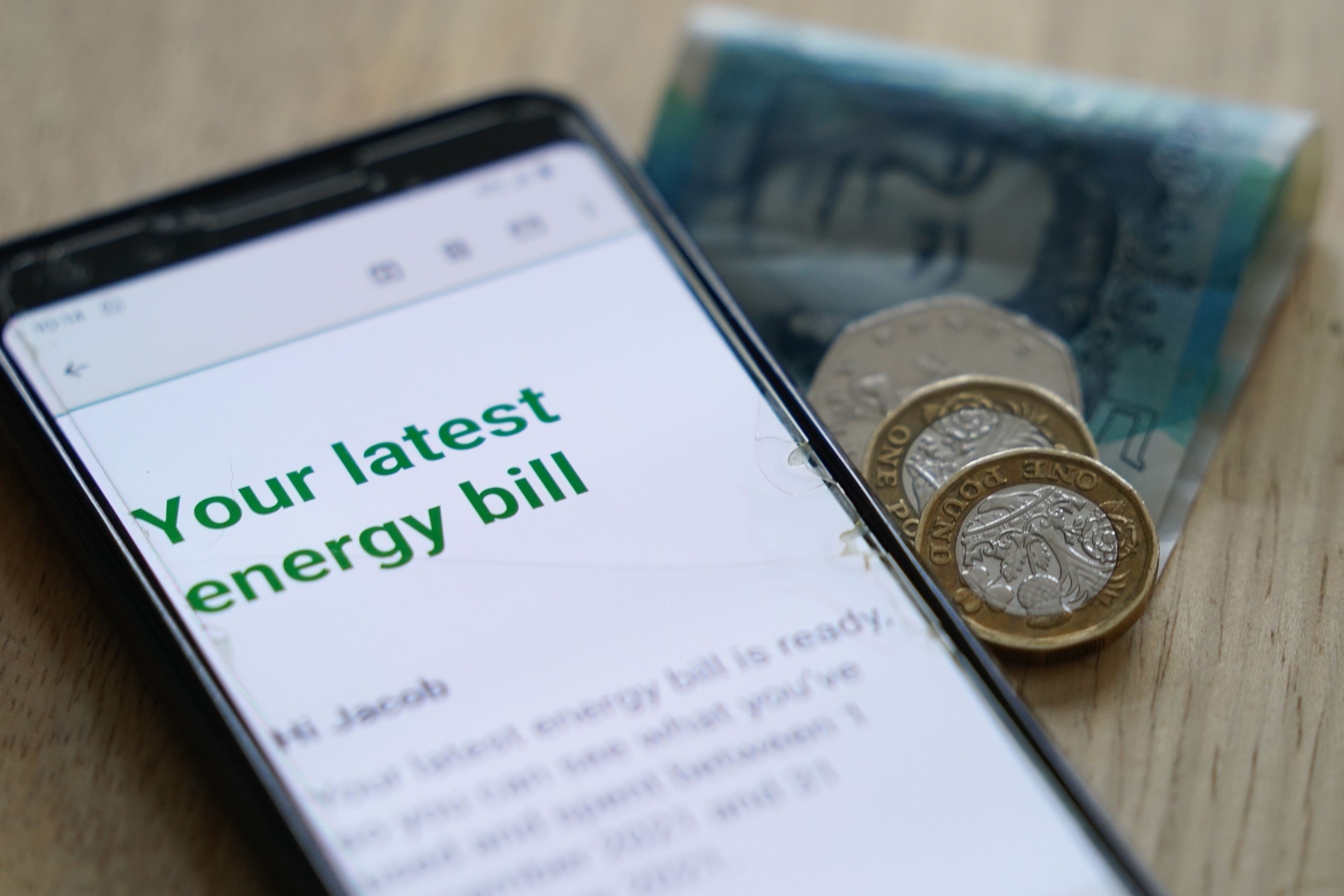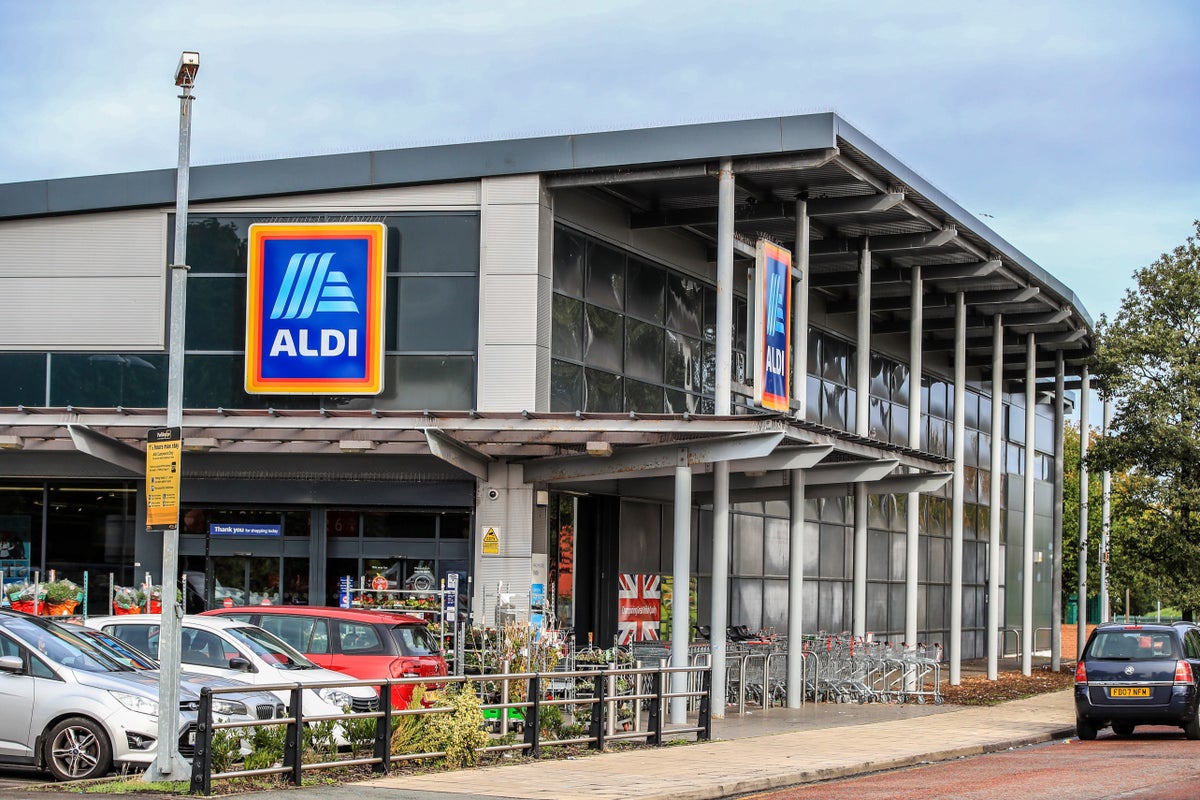A government-backed scheme to fit homes with external wall insulation has left thousands of households worse off as they face damp, mould and other serious health hazards, the spending watchdog has found.
Almost all homes fitted with insulation under the government’s Energy Company Obligation (ECO) scheme need major issues fixing due to poor government oversight, the National Audit Office (NAO) said.
Designed to improve energy efficiency and lower household costs, the tens of thousands of households that were meant to benefit from the scheme are now instead waiting for repairs on the inadequate work.
Some 98 per cent of the homes which had external wall insulation installed under the government programme – around 22,000 to 23,000 dwellings – have major issues that will cause problems such as damp and mould, and require work to correct, the report found.

It added that 9,000 to 13,000 homes with internal insulation, some 29 per cent that had the measures fitted, also have major issues that need fixing.
A small percentage of installations, 6 per cent in the case of external insulation and 2 per cent in the case of internal insulation, have problems that present immediate health and safety risks, such as poor ventilation which could lead to carbon monoxide poisoning, and electrical safety issues that could cause fires.
In response to the NAO’s findings, anti-fuel poverty campaigners warned the system had “let cowboys through the front door”, and called for it to be fixed to bring down energy bills and keep people warm.
The NAO said the reason there were so many poor quality installations under the scheme, which pays for energy efficiency measures out of consumer bills, could be down to work subcontracted to firms and individuals who were not competent, businesses cutting corners and uncertainty over standards.
Although the Department for Energy Security and Net Zero (DESNZ) implemented a new consumer protection system for the scheme in 2021, which included appointing TrustMark, it failed to alert the department to significant issues with the quality of installations until October 2024.
The NAO said the ECO scheme had weak government oversight, an overly complex consumer protection system, funding arrangements for TrustMark which limited its ability to have analytical systems fully up and running until the latter half of 2024, and insufficient auditing and monitoring.

In addition, Ofgem estimated in November 2024 that businesses had falsified claims for ECO installations in between 5,600 and 16,500 homes, potentially claiming between £56 million and £165 million from energy suppliers – and ultimately from billpayers.
DESNZ and Ofgem took action once TrustMark flagged the problems, including suspending the worst performing installers and getting in touch with households that have potentially been affected, the NAO said.
It called on the Government to take responsibility for schemes such as ECO, even when funded by consumer bills, and clarify its approach to repairing faulty insulation alongside its forthcoming warm homes plan.
DESNZ must also reform customer protections and publish annual data on fraud and non-compliance for its retrofit schemes, the watchdog said.
Gareth Davies, head of the NAO, said: “ECO and other such schemes are important to help reduce fuel poverty and meet the Government’s ambitions for energy efficiency.

“But clear failures in the design and set-up of ECO and in the consumer protection system have led to poor-quality installations, as well as suspected fraud.
“DESNZ must now ensure that businesses meet their obligations to repair all affected homes as quickly as possible. It must also reform the system so that this cannot happen again.”
Simon Francis, co-ordinator of the End Fuel Poverty Coalition, said: “The NAO report reveals a system that has let cowboys through the front door, leaving thousands of victims living in misery and undermining public trust in efforts to tackle the cold damp homes crisis facing many households.”
“Now we need to fix the system, not abandon it, ” he urged, calling for the warm homes plan to guarantee quality, with properly trained installers, independent inspections and rapid remediation if things go wrong.
Minister for energy consumers Martin McCluskey said: “Today’s report shows unacceptable, systemic failings in the installation of solid wall insulation in these schemes, which have directly affected tens of thousands of families.”
He said the Government had taken “decisive action” to protect households and ensure all poor installations of solid wall insulation were fixed at no cost to the consumer.
“We are fixing the broken system the last government left by introducing comprehensive reforms to make this process clear and straightforward, and in the rare cases where things go wrong, there will be clear lines of accountability, so consumers are guaranteed to get any problems fixed quickly,” Mr McCluskey said.

.jpeg)





















.jpeg)













 English (US) ·
English (US) ·